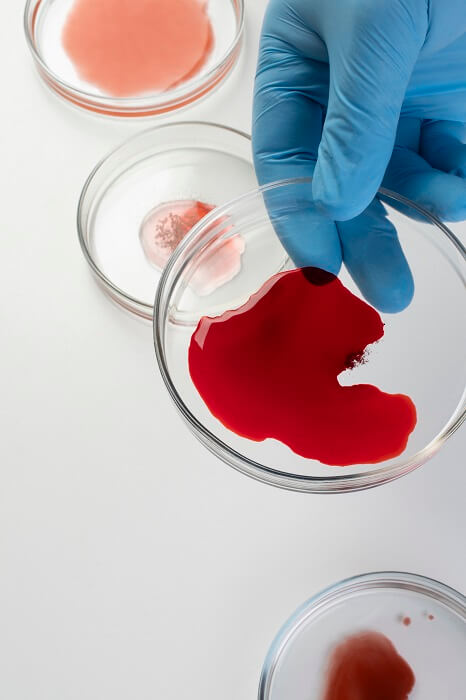In a monumental achievement, the Department of Biotechnology (DBT) and the Centre for Stem Cell Research (CSCR) at Christian Medical College (CMC), Vellore, have successfully conducted India’s first-in-human gene therapy using a lentiviral vector for severe hemophilia A. This breakthrough offers hope to approximately 1,36,000 individuals affected by hemophilia A in the country.
As reported by economictimes, the study reported an annualized bleeding rate of zero in all five enrolled participants, who demonstrated sustained production of Factor VIII over an extended period. This eliminates the need for frequent infusions, as noted by DBT in their statement.
“The volunteers were followed for six months after undergoing the therapy. Factor VIII activity was observed to correlate with vector copy number in peripheral blood. The annualized bleeding rate was recorded as zero for all five participants, with a cumulative follow-up of 81 months,” the department stated.
Scientists at CSCR developed an alternative approach to restore Factor VIII expression by using a lentiviral vector instead of the conventional AAV vector. Based on encouraging preclinical data, a first-in-human clinical trial was initiated to evaluate the safety and feasibility of this novel gene therapy. Five participants received autologous hematopoietic stem cells (HSCs) transduced with the lentiviral vector expressing the Factor VIII gene.
Hemophilia is a serious bleeding disorder caused by a deficiency in clotting factors, such as Factor VIII or Factor IX proteins, leading to spontaneous bleeding episodes and significantly impacting the quality of life for patients and their families. Severe hemophilia A is traditionally managed through repeated Factor VIII replacement or hemostatic products to control or prevent bleeding. However, high costs, challenges with venous access (especially in children), and patient acceptance are major barriers to the standard treatment.
Gene therapy, which introduces a functional copy of the defective gene using viral vectors, is emerging as a transformative treatment option for hemophilia. By enabling the body to produce Factor VIII, gene therapy reduces or eliminates the need for frequent infusions, significantly improving the quality of life for patients.
This pioneering achievement highlights the potential of gene therapy to revolutionize the management of hemophilia and other genetic disorders, offering a promising new avenue for affordable and effective care.
























